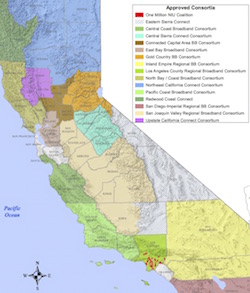California senate votes for quicker wireless permit decisions
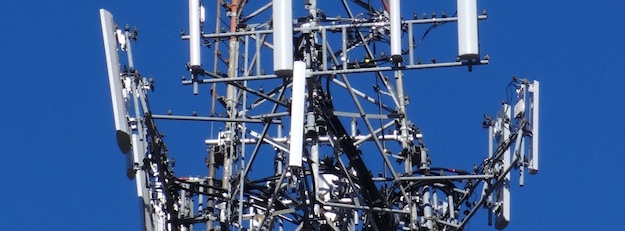
A fast track for wireless facilities permits is one step closer to reality in California. Assembly bill 57 was approved by the state senate and sent back to the assembly, which needs to either agree with senate amendments or work out compromise language in order for it to be sent on to Governor Jerry Brown.
The senate vote was lopsided and bipartisan – 28 yes, 6 no and 6 abstentions. All of the noes and abstention were on the democratic side of the aisle
If approved, the bill would put teeth in the Federal Communications Commission’s shot clock rules, which essentially give local governments 90 days to approve or deny applications for co-location of additional equipment on existing cellular sites and other wireless facilities, and 150 days for new ones.… More

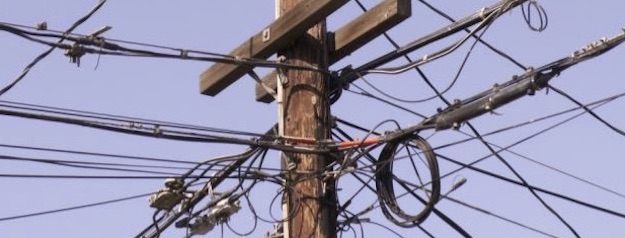
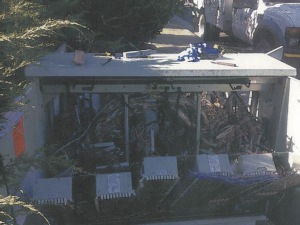
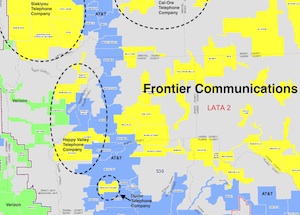

![By Rarelibra [Public domain], via Wikimedia Commons](https://www.tellusventure.com/images/2015/8/world_map_of_submarine_cables_small.png)
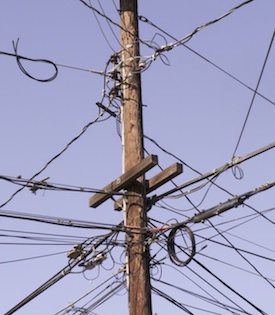
![By Steve Jurvetson from Menlo Park, USA (glue works Uploaded by Zolo) [CC BY 2.0 (https://creativecommons.org/licenses/by/2.0)], via Wikimedia Commons](https://www.tellusventure.com/images/2015/8/foxconn_factory.jpg)

